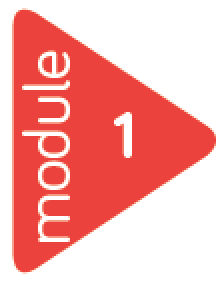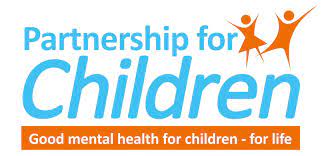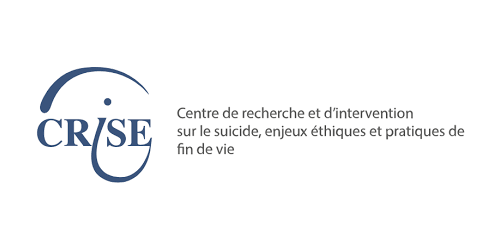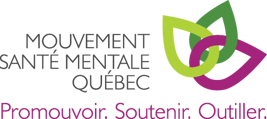Passport: Skills for Life
This school-based program enhances the emotional literacy and coping skills of children aged 9 to 11. It teaches them to understand and navigate their emotions, recognize the feelings of others, and develop strategies to handle stress. The goal is to improve their overall emotional well-being and resilience.
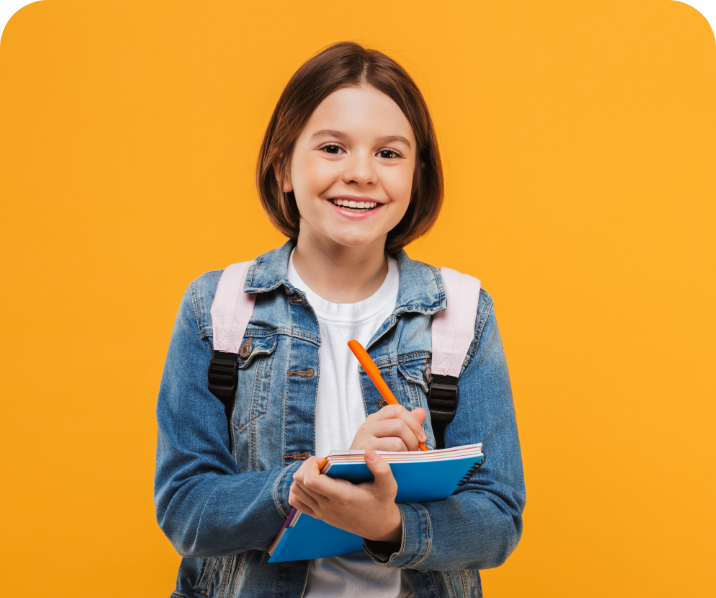 Children
"I like being able to give my opinion openly without feeling judged, even if it is not the same opinion as others".
Children
"I like being able to give my opinion openly without feeling judged, even if it is not the same opinion as others".
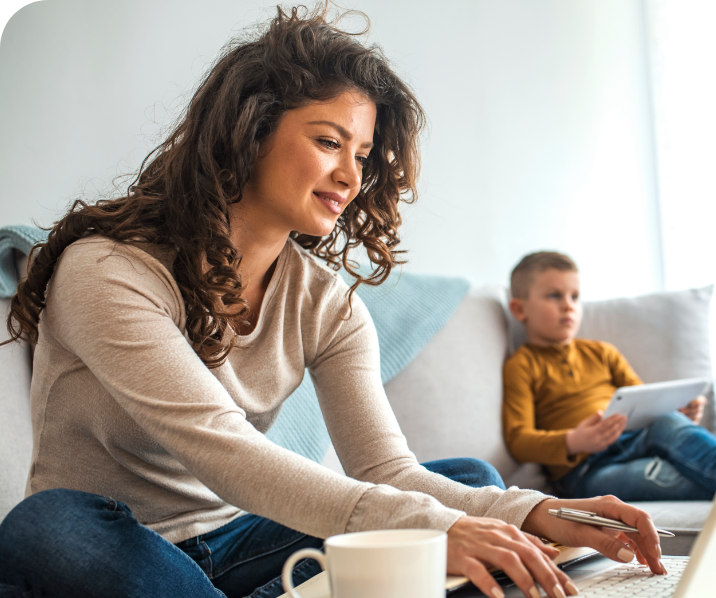 Parents
Parents
"Congratulations! This program will help many children understand their feelings and how they manifest in their body to better deal with stress."
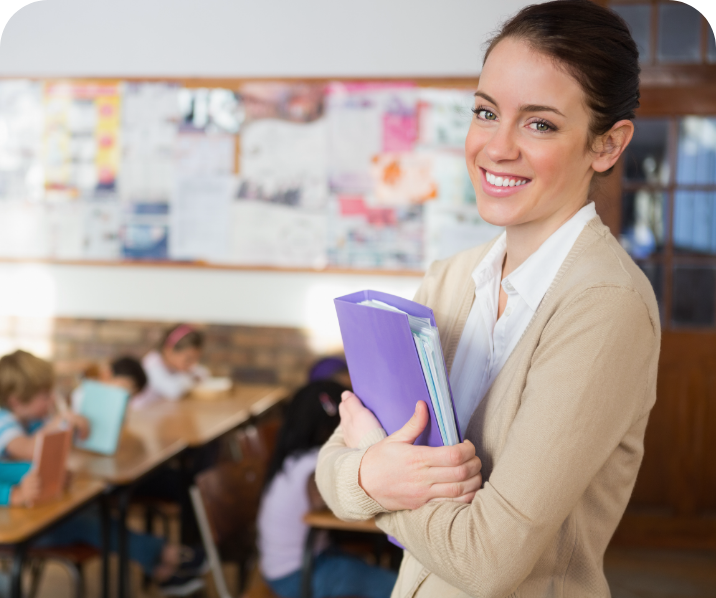 Teachers and Professionals
"The turnkey aspect of the program is exceptional and makes it easy to deliver."
Teachers and Professionals
"The turnkey aspect of the program is exceptional and makes it easy to deliver."
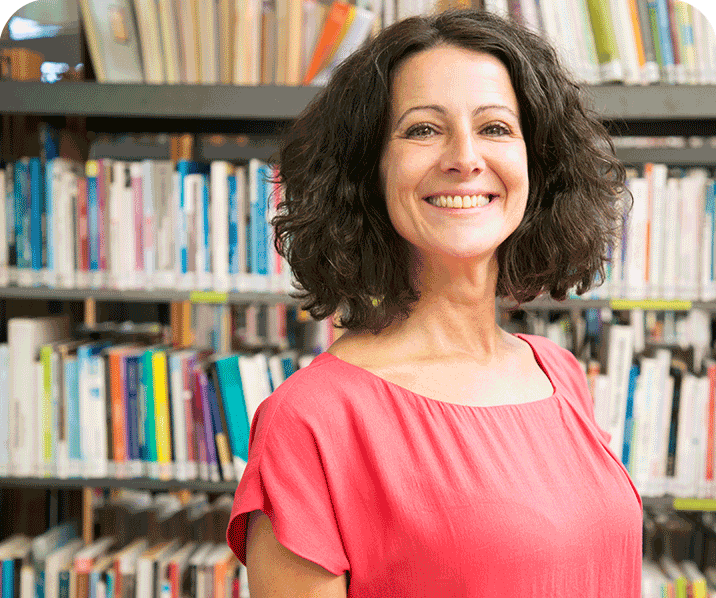 School Administrator
"There is now a climate of trust in and out of class, the children were respectful of others during the sessions."
School Administrator
"There is now a climate of trust in and out of class, the children were respectful of others during the sessions."
About the Program
Passport: Skills for Life develops the coping strategies and social skills of elementary school children in order to equip them with skills to better cope with everyday life situations.

Highlighting children’s strengths
Passport: Skills for Life is one of the few programmes that develop children’s coping skills. A coping strategy can be used when we experience a new or difficult situation, such as conflict with a friend, jealousy, changing school, and stress before an exam.
People who have a wide range of coping strategies have fewer negative experiences, in the short and long term, when they experience difficulties or stressful life situations. In addition, by developing coping strategies early in life, children build a foundation to effectively use coping skills throughout adolescence and adulthood.
Children learn to identify and evaluate coping strategies on their own, based on two rules:
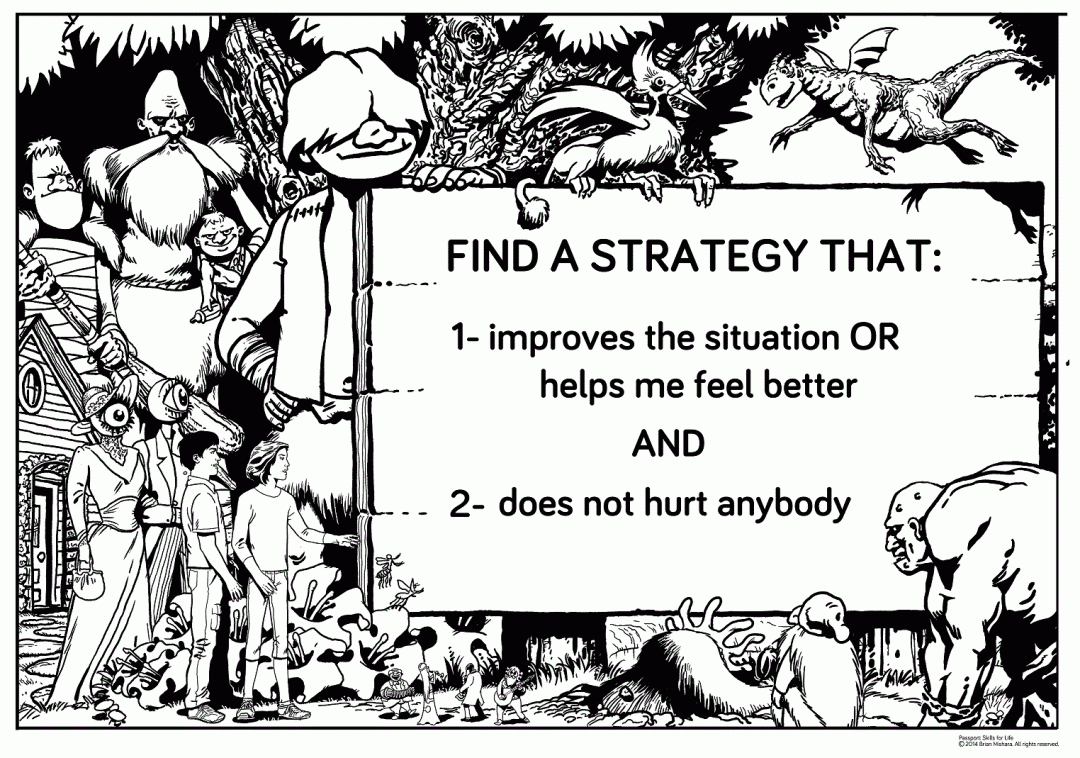
Examples of strategies children use include:
- Confiding in an adult.
- Finding a quiet place to calm down.
- Petting an animal.
- Listening to music.
- Asking for help.
- Expressing their feelings.
Passport: Skills for Life also helps children develop their social skills, particularly identifying, expressing and regulating their emotions, solving conflicts and managing stress. Learning social and emotional skills allows them to take action as soon as difficulties arise. These skills are closely tied to improved academic behaviours and a better classroom atmosphere and often lead to reduced school violence.
Passport: Skills for Life provides children tools that will help them throughout their lives!
- Enhance children’s inventory of coping strategies
- Improve social skills, including emotional expression and regulation, conflict resolution and stress management
- Encourage cooperation and mutual support
- Stimulate critical judgment
- Promote emotional well-being
|
|
|
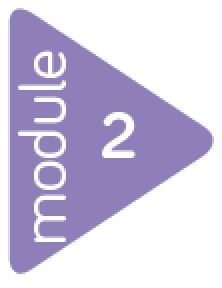 |
Relationships And Helping Each Other To identify how to make friends and increase coping skills for dealing with problems that can occur in relationships with others. |
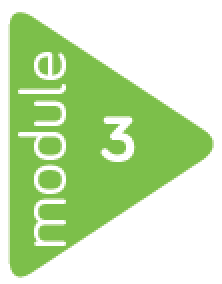 |
Difficult Situations To identify and use coping skills that will create positive outcomes for ourselves and others in difficult situations. |
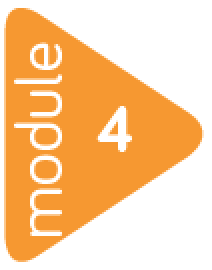 |
Fairness, Justice And What Is Right To identify our emotions in unfair and unjust situations, as well as coping skills for dealing with them. |
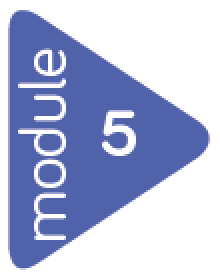 |
Change And Loss To identify our emotions when dealing with change and loss, and finding coping skills to use in these situations. |
Testimonial
Watch the video of Julie, a 6th grade teacher sharing her experience with our Passport: Skills for life Program
Evaluation
The final version of the programme was evaluated by Brian Mishara of UQAM and Sarah Dufour from the Univerisité de Montréal in 14 school districts in Quebec and Ontario. The evaluation included English and French schools from urban and rural areas, high-income and low-income communities, and First Nation reserves. Here are the main results.
Evaluation of implementation showed that:
- The themes addressed respond to the needs of the school setting
- The activities and material are highly appreciated by both teachers and students
- Teachers welcome the turnkey aspect, and the programme is easy to deliver
- The parent-children activities provide an opportunity to share special moments
- The programme is best suited for children in grades 4 and 5 (age 9 to 11)
- Boys appreciate the programme as much as girls
Evaluation of the effects indicates that the programme attains its objective of increasing children's coping skills. Also, based on children's and teachers' responses, participants in the programme increased emotional awareness and positive academic behaviour.
Overall, the evaluation results clearly demonstrate that ALL children can benefit from this programme!
- Increase in empathy. and cooperation
- Increase in emotion recognition and tolerances of differences.
- Increase in vocabulary surrounding emotions.
- Children better know each other and are closer
- Programs notions used in other contexts
Strategies Learned by Children
- Take a moment to calm down.
- Make compromises.
- Ask an adult for help.
- Say what you feel.
- Write feelings in a journal.
Strategies Learned by Teachers
- Better equipped to deal with in-class conflicts with challenging childrens
- Strengthens teacher-student relationshipss
- Increase use of coping strategies.
Price of Educational Kits
Prices include a complete kit to use in the classroom as well in-person or video conference training by CRISE professionals.
Passport Class Package
This turnkey program includes 17 sessions of 55 minutes, led in class by a teacher or trained professional. $600Passport School Package
Three kits including training sessions specifically designed for schools. Get 17 sessions of 55-minutes, led in class by a teacher or professional. $1,800Sponsor Us
Businesses are encouraged to get involved in their community by sponsoring kits for local schools. Excellent visibility and donation receipts provided for tax purposes. $2,500Resources
Here are some extra links to compliment our program:

We Can All Do Something
Big or small, your donation makes it possible to train and provide kits to teachers and school professionals so they can run the program across Canadian primary schools. Your generosity will also boost our children’s social and emotional well-being!


